The question of
whether Crystal Lake, Ill., should give the Gay
Games a permit to have a boat race this summer on a
small man-made lake has become a heated battle between
those who see the event as a threat to their
small-town way of life and those who see such views as
simply small-minded.
Tuesday the city council is scheduled to discuss
whether to allow the Olympics-style Gay Games to hold
its rowing event in this bedroom community of 40,000
located about 50 miles northwest of Chicago. One look
at the angry letters to the editor that have appeared in the
local newspaper reveals it isn't the logistics of the
race that's on residents' minds.
"Make no mistake: The purpose of the Gay Games
is to legitimize homosexuality and make it appear as a
wholesome lifestyle choice," wrote Tim Coakley, a
critic of the Games.
In the same day's paper, Perry and Christine
Koste dismissed such views. After wondering if Crystal
Lake's motto should be "Homophobic Capital of the
Midwest," they asked, "How proud are we to live in such a
narrow-minded, backward, hateful community?" The
debate over the Games was the subject of two contentious
hearings before the city's park district last month.
The full board ultimately voted to approve the race,
sending it to the city council. If the city council
approves it, the race would need permission only from
neighboring Lakewood, which also borders the lake,
before the event can proceed. Officials in Lakewood
say they plan to approve the event.
Part of the mission of the Games is to
raise awareness about gays to reduce stereotypes, a
point organizers kept discussing during the park
district hearings, said spokesman Kevin Boyer. "It is very
difficult to disregard what these people said and just
deal with how boats are unloaded and loaded," Boyer
said. "You are going to say this is not right, and
this is why the Gay Games are needed."
Most of the events for the Games are set in
Chicago. Organizers have said the weeklong
competition, set for July, is expected to draw 12,000
participants and tens of thousands of spectators, pumping
more than $50 million into the local economy.
The Games, which started in 1982 in San
Francisco, are held every four years and are open to
gay and straight participants. Other sports include
badminton, basketball, cycling, flag football, and racquetball.
The furor in Crystal Lake about the Games goes
to the heart of why many people say they stay in or
move to such a community. Coakley said one reason he
and his family moved to Crystal Lake a decade ago was
because "there is more of a family-values kind of
atmosphere" there.
It's the same with Sunita Stone. "Crystal Lake
is a G-rated place," she said. "There's no reason to
start making things racy. If you want to go to Chicago
to do that, that's fine. I'm not going to go there."
Such talk doesn't surprise Al Hunter, a
Northwestern University sociologist who has studied
local communities. Hunter said that as suburbs have
grown, a number of businesses and industries have abandoned
big cities in favor of outlying areas. That means that as
people work closer to home, they travel less to the
city and identify less with it, he said. The Games, he
said, may feel like an outside invasion.
Mayor Aaron Shepley said Games organizers have
made the event more about gays and lesbians than
rowing, thus putting Crystal Lake at the center of a
debate about social values. "To the extent that part of the
agenda of promoters was to draw attention to a social
platform, they've been successful," he said. "And to
an extent it's been at the expense of Crystal Lake's image."
Still, Shepley believes the city council will
vote to allow the rowing competition and said Games
organizers will be treated like anyone else who has an
event in the town. "This is only an endorsement of the
First Amendment and the antidiscrimination laws of the
state," Shepley said. "That's all it is, following the
law." (AP)












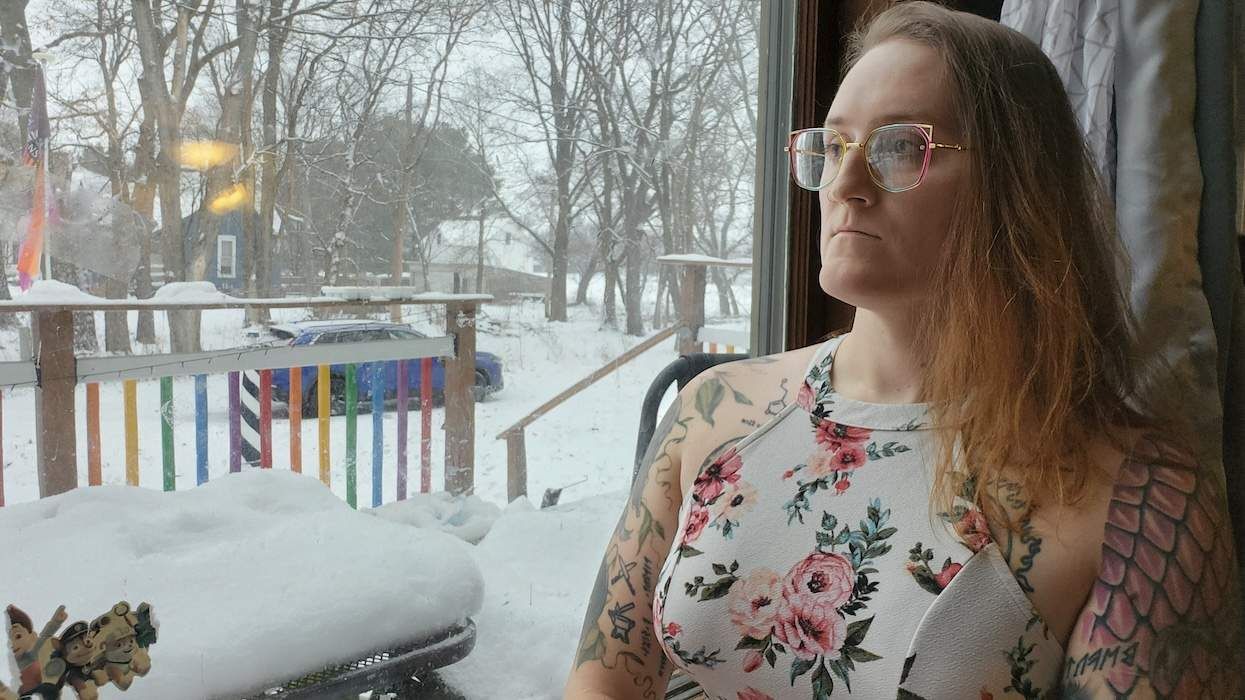

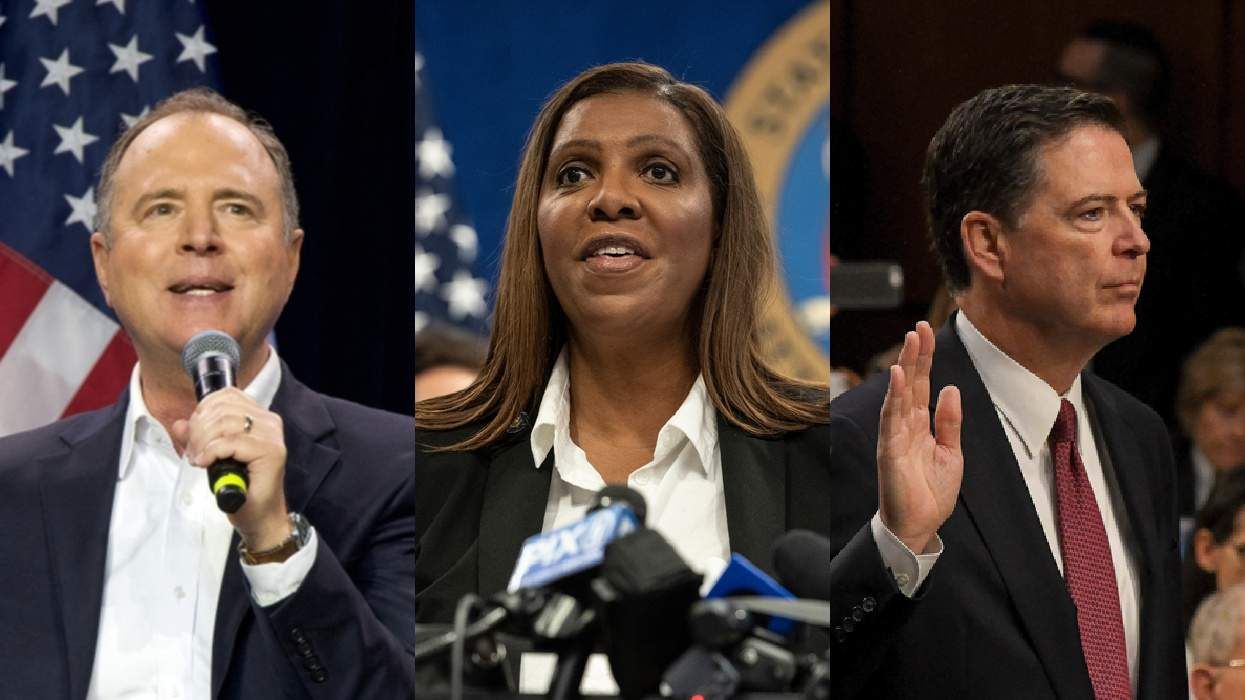

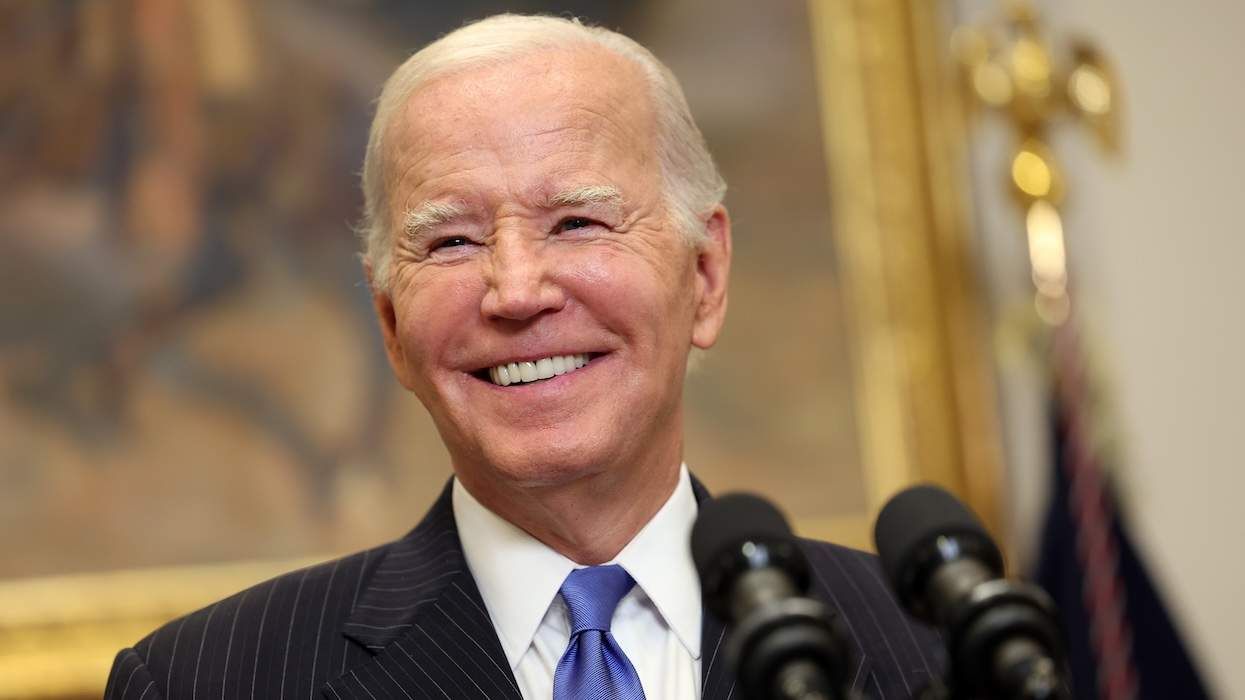
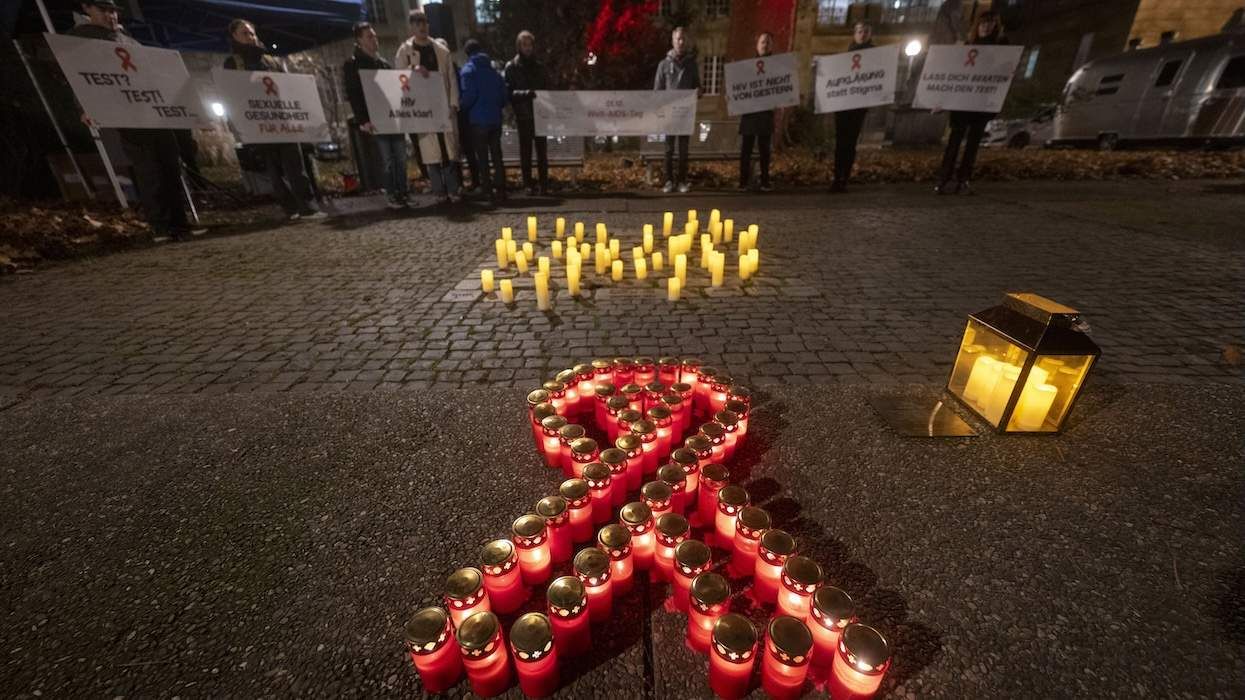


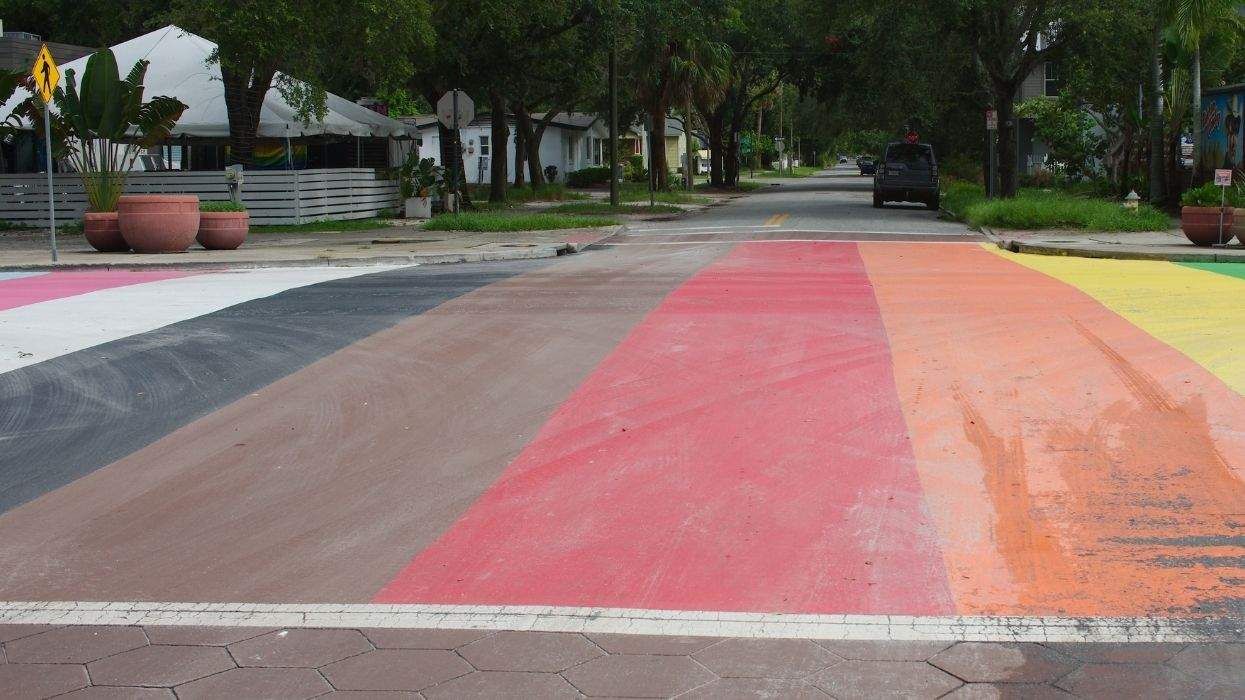
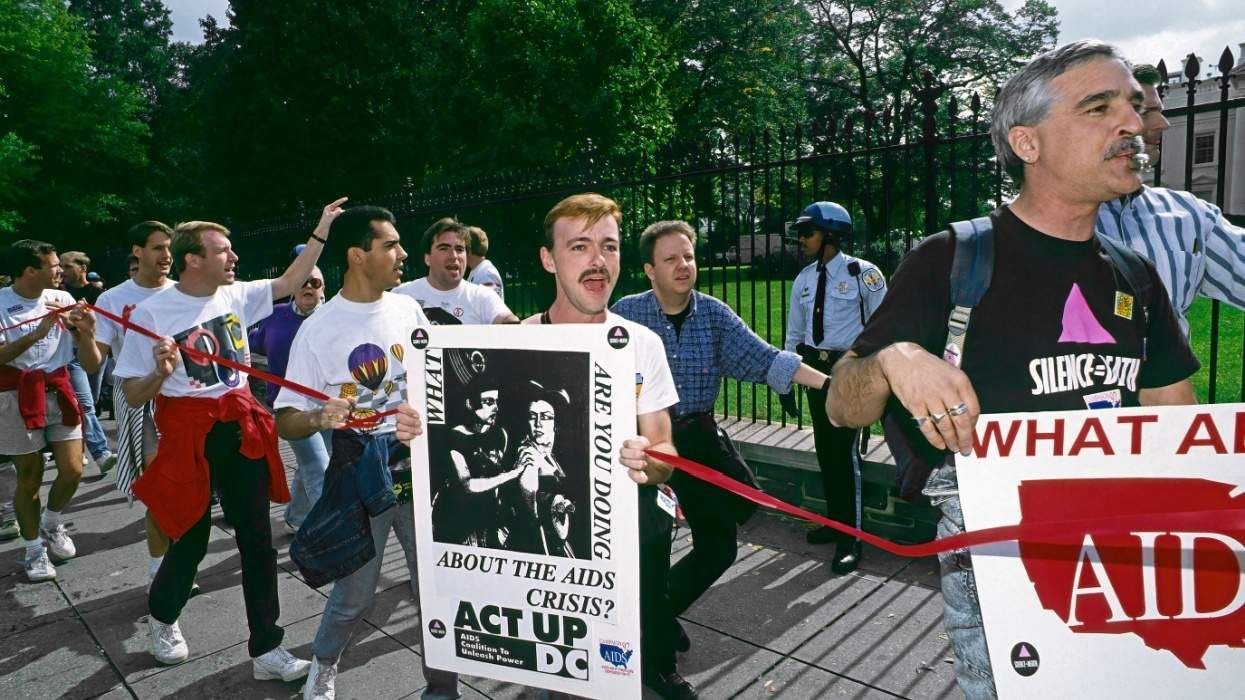

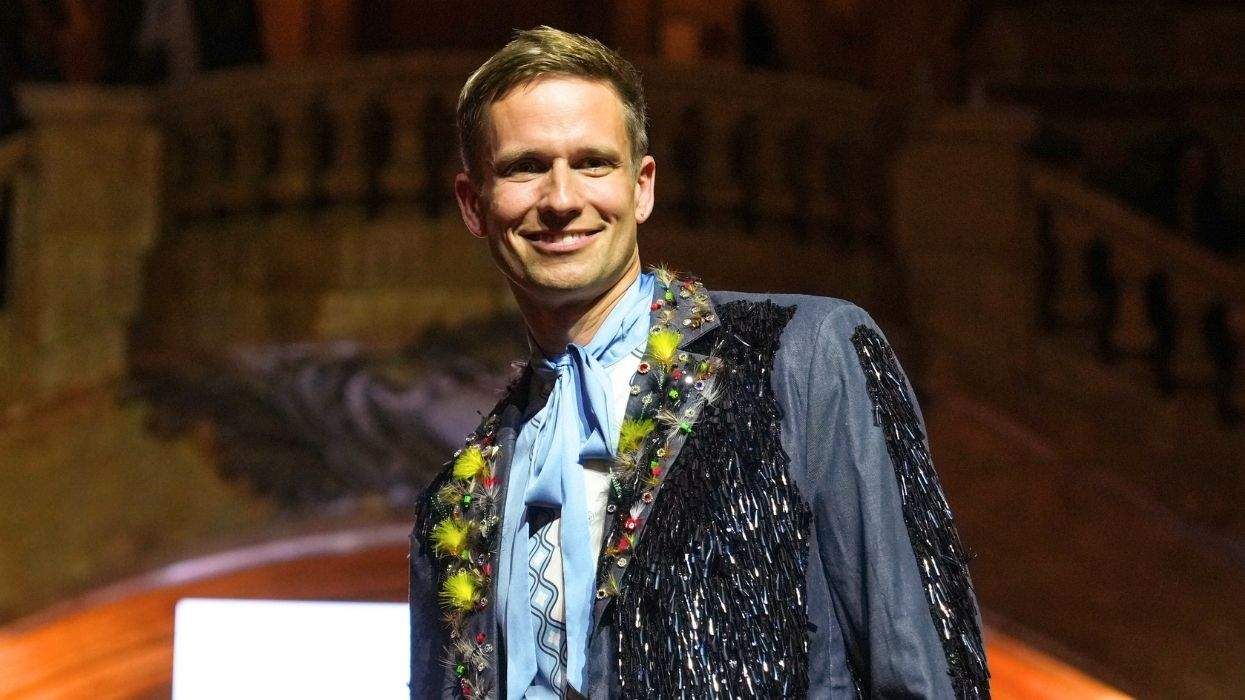
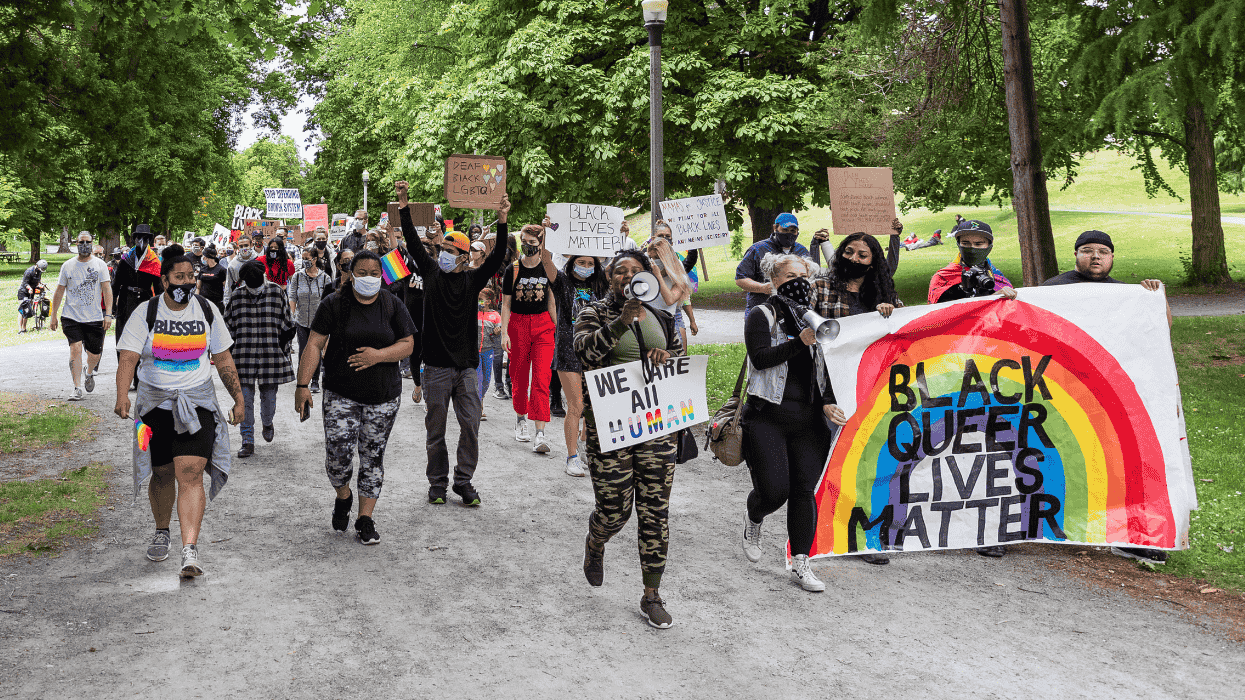
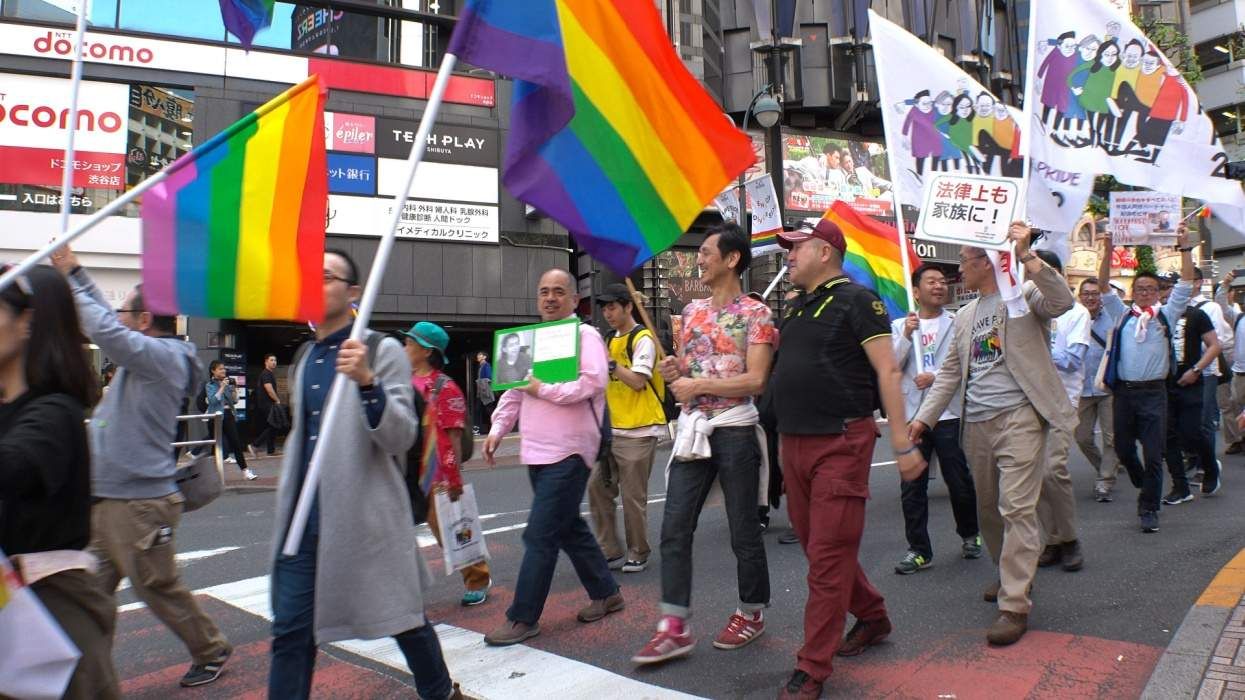

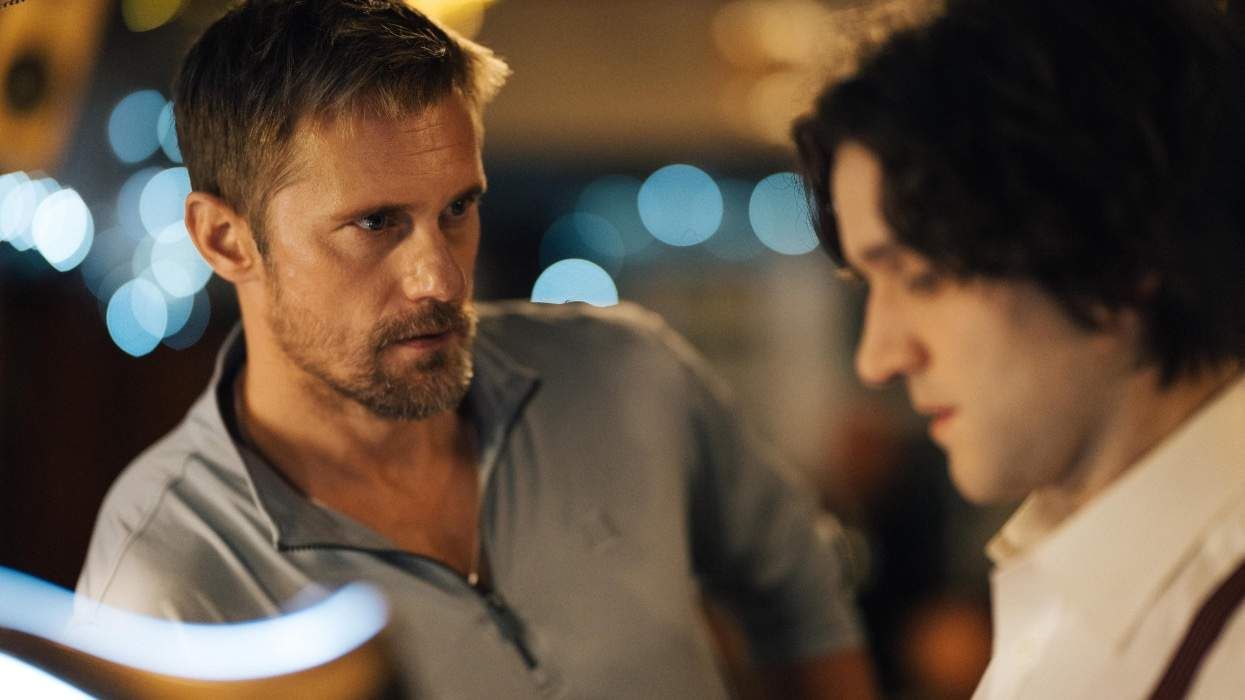















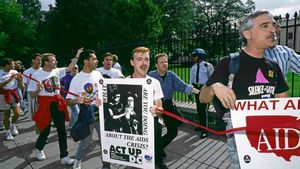
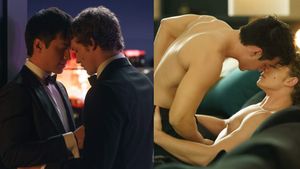




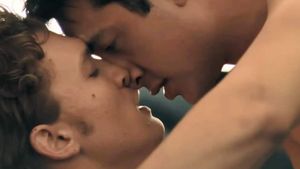



















Charlie Kirk DID say stoning gay people was the 'perfect law' — and these other heinous quotes